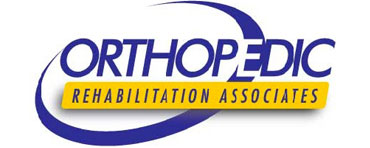Improving Rehab Results Through Efficient Functional Movement Assessment Protocols
Improving Rehab Results Through Efficient Functional Movement Assessment Protocols
Blog Article
Operational Movement Screening (FMS) is a beneficial tool used to evaluate an individual's mobility patterns. This assessment aids identify any deficiencies or imbalances in the musculoskeletal system, which can lead to harm if not corrected. In rehabilitation contexts, FMS can serve a crucial role in improving recovery outcomes. By comprehending how each person navigates, healthcare professionals can develop targeted recovery plans that concentrate on improving power, flexibility, and overall performance.
One of the key benefits of using FMS in recovery is its ability to identify particular areas that need enhancement. For example, if a client struggles with squat movements or lunging, it may indicate a deficiency of mobility in their hip joints or ankles. This data allows clinicians to create customized exercise programs that emphasize correcting these deficits. As a consequence, patients are more likely to regain their power and functionality, which is crucial for resuming to daily activities or athletics.
Implementing effective FMS procedures can also help avoid future harm. Many injuries happen due to poor movement mechanics or excessive use of specific see muscle clusters. By evaluating individuals click this link now before they begin a rehabilitation plan, clinicians can identify hazards and establish strategies to minimize them. Informing patients about appropriate movement patterns and enhancing weak areas can lead to sustained benefits, ensuring that they remain active and fit.
Moreover, the use of FMS can improve dialogue between healthcare providers and patients. When clients witness their mobility patterns assessed and clarified, they gain a clearer understanding of their rehabilitation process. This transparency fosters confidence and motivates patients to take an active role in their rehabilitation. By involving patients in their rehabilitation journey, they are more likely to follow to recommended exercises and behavioral changes that promote better results.
In summary, improving recovery outcomes through effective operational mobility screening protocols is crucial for both clients and healthcare providers. By precisely evaluating movement patterns, clinicians can create tailored rehabilitation plans that address specific requirements. This not only aids in recovery but also assists avoid future injuries. As patients become more engaged in their recovery process, they are likely to attain their goals and maintain a fit, active lifestyle.